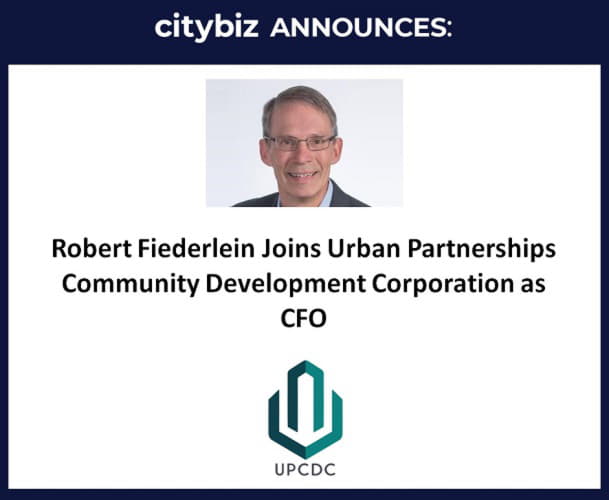
Newt Fowler
Two recent New York Times columns highlight how robotics and artificial intelligence are replacing workers, and how we’re blowing it when it comes to preparing tomorrow’s workforce. As manufacturing returns to communities, it’s not coming back requiring the same workforce. And as we keep pushing all kids into college, the reality for most, is it doesn’t improve their earnings.Manufacturing looks nothing like it did a decade ago, but our education policy does. Once you move past the tech workforce perennially in the limelight, the question becomes which regions will figure out how to prepare the rest of us for meaningful jobs.
First, the robots. NYT Columnist Tom Edsall writes of the accelerating pace that robotics has in displacing workers. The irony of Edsall’s column is that the regions impacted the most by robotics lie in the heart of Trump Country. Robots are great for the rest of us, in terms of cheaper goods. Yet for every robot, Edsall explains, six workers are displaced within the manufacturing chain. Citing numerous studies in support of his concerns about worker impact, the most sobering aspect of his insight is that we’ve been here before, whether it’s during the industrialization of England, the mechanization of agriculture, or the advent of the PC. Edsall leaves us with a troubling insight that with these past technological shifts, we’ve traded brawn for brains. With robotics, that’s no longer the case. Citing one study, “’wages and educational attainment exhibit a strong negative relationship with an occupation’s probability of computerization.’” We simply no longer need some brains to work the way they do now. The question begged is whether we, as a society, are ready to rewire how we educate for tomorrow.
Which leads to education policy. Oren Cass of the Manhattan Institute, writes in the NYT of the misguided priorities in how we educate tomorrow’s talent. By focusing on who earns what, Cass’ column questions whether our high schools should be predominantly oriented to college prep, with underfunded and outdated vocational classes leaving many students ill prepared for success. The stark reality of the research Cass walks through is that the earning capacity of the middling college graduate is lower when measured against higher performing high school graduates. We may very well be pushing students into college with the net effect of reducing their earning capacity had they been able to succeed in a well-designed high school vocational curriculum. While this might feel elitist and tests the myth that everyone should have a shot at college – if one’s willing to look at who earns what, the reality is we’re being unfair to the next generation of workers by not rethinking what really matters in education. Meanwhile, student debt fed by an industry designed to drive everyone to college keeps piling up.
Cass is stark in his assessment. “People often applaud vocational education in theory, provided it is ‘for someone else’s kids.’ Those kids are most kids, and a false promise of college success does more harm than good.” Edsall is equally bleak. Citing other research, “’high-skilled workers have moved down the occupational ladder, taking on jobs traditionally performed by low-skilled workers, pushing low-skilled workers even further down the occupational ladder and, to some extent, even out of the labor force.’” The workplace isn’t changing; it has changed, and our obsession with tech jobs only masks the profound shift unfolding for the rest of the workforce. There are education and training models that work, ones which merit discussion by every region realizing the displacing impact technology is having on workers least able to adapt. Putting off how we approach training only ensures that the skills and compensation gap will widen, though stuff keeps getting cheaper for those who can afford it.
With more than 30 years’ experience in law and business, Newt Fowler, a partner in Womble Bond Dickinson’s business practice, advises many investors, entrepreneurs and technology companies, guiding them through all aspects of business planning, financing transactions, technology commercialization and M&A. He’s the pastboard chair of TEDCO and serves on the Board of the Economic Alliance of Greater Baltimore. Newt can be reached at newt.fowler@wbd-us.com.






